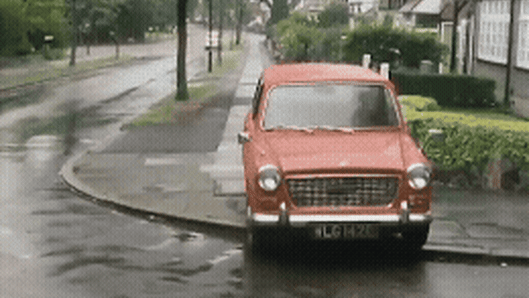By Sean Thomas
Copyright brisbanetimes

There is something liberating in this cruelty. When Basil Fawlty thrashes his unreliable car with a leafy branch, this is comedy as catharsis: yes, we mock the crazy man, but perhaps we mock ourselves. It’s a subtle reminder that all humanity is faintly laughable.
Yet cruelty is only half the story. The other half is surrealism. Fawlty Towers isn’t just punchy, it is dreamlike, absurd, teetering on the edge of the plausible. Its plots are like nightmares: the corpse hidden all over the place, the German tourists watching Basil launch into a goose-step.
This surreal streak is likewise deeply British. We are the nation of Lewis Carroll, Edward Lear, Monty Python. We enjoy the dream logic of things spiralling into chaos.
In 2020, an episode of Fawlty Towers was briefly withdrawn from a streaming service because of a racist colonel’s racist slur. The decision was swiftly reversed, but the fact it happened at all tells you something. Modern sensibilities struggle with danger – they don’t like cruelty, and they distrust surrealism. They want comedy to be safe, uplifting, sensible. Yet, that makes for bland, inoffensive comedy.
Where does Britain’s cruel and surreal streak come from? I’m not sure. Maybe it’s the weather that drives us mad. Maybe it’s the eccentricity of an island. Maybe it’s the way we’ve barely ever been conquered that makes us confident playing with darker themes. Whatever the answer, the humour that arises from this – dark, savage, absurd – has been one of our greatest cultural exports. And we can still do it. Probably our most successful comedy of the moment is Clarkson’s Farm (a huge global hit). This is because it is prepared to put the boot in – it’s not all saccharine laughs. And it captures the human lunacy from the unintelligible locals to the incomprehensible bureaucracy.